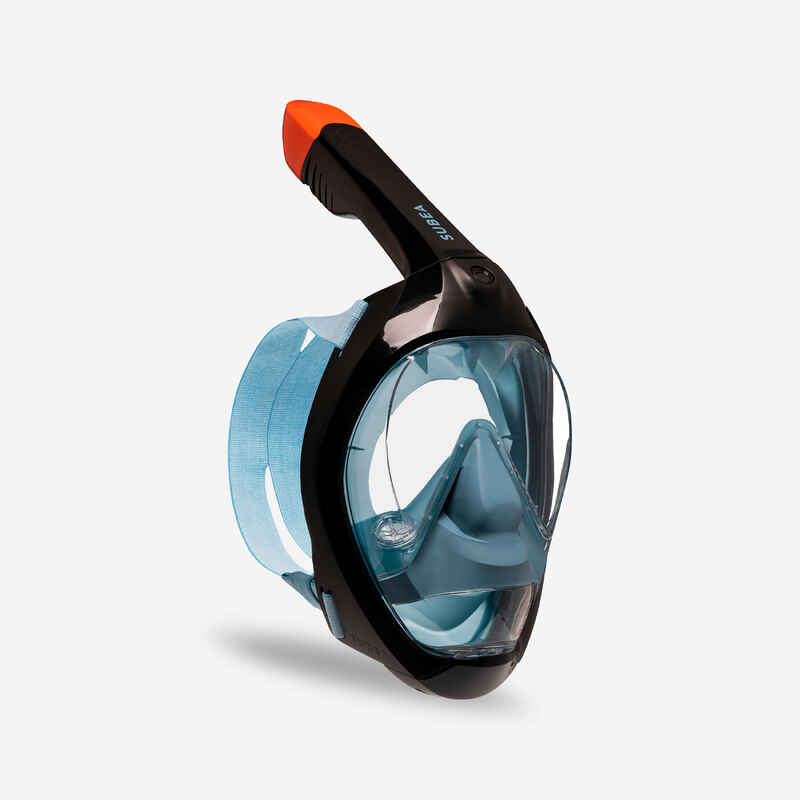I've snorkelled for half a century, using a separate breathing tube since I began in the early 1960s. When I started snorkelling, "free diving" was
plongée libre, a term first deployed by Francophones and meaning any kind of diving other than "hard-hat" standard diving with long hoses and surface air pumps. "Free diving" back then could be performed with or without self-contained breathing apparatus. The term "free diver" has indeed since been "borrowed" by breathhold divers for their own exclusive purposes with "snorkel diving" and "snorkelling" being relegated to aquatic activity with a breathing tube on the surface with occasional shallow dives.
There have been attempts over recent decades to shake the dust off the antiquated term "skin diving" and to use it to denote breathhold diving to somewhat deeper depths, leaving "freediving" itself to describe the most challenging and competitive aspects of deep diving on a single breath. Personally, I have no interest in, or experience of, either scuba diving or the more extreme forms of breathhold diving, so I happily designated myself as a snorkeller over the years, particularly as I have spent most of my time in lakes and seas on the surface, looking down.
I see that the subject of modern snorkel-masks has arisen. A while ago, out of curiosity, I bought a modern full-face snorkel-mask, but I have never tried one out in the water and do not have any plans to do so. I have researched the history of snorkel-masks, however, amassing in the process a modest collection of mid-twentieth-century models that can be viewed at
My snorkel-mask collection.
Contrary to popular opinion, the first snorkel-masks were expensive items designed for affluent underwater hunters who spent long periods face down on the surface stalking prey and who found that the constant presence of a snorkel mouthpiece in the mouth led at least to mild oral discomfort or more worryingly to gagging or bleeding gums. It is a little known fact that many or even most first-generation snorkel-masks enclosed just the eyes and the nose, not only leaving the mouth uncovered but also permitting nose-breathing, which today's medical professionals tend to call an altogether healthier option than mouth-breathing.
Modern half-face snorkel-masks leaving the mouth uncovered and enabling users to nose-breathe only are currently available as an alternative to full-face snorkel-masks, e.g. the model below sold on Amazon:
I am neither endorsing nor disrecommending the use of such equipment. When I snorkelled in the North Sea during the first two decades of the new millennium I wore a traditional late-1950s style drysuit, a traditional oval rubber-skirted mask, a traditional J-shaped snorkel and a pair of traditional all-rubber full-foot fins. This configuration worked fine when I was a youngster and the same gear also works fine now. As with many of life's accessories, if it ain't broke, why fix it?






